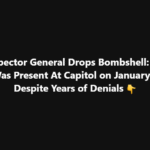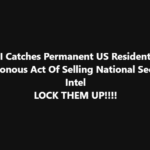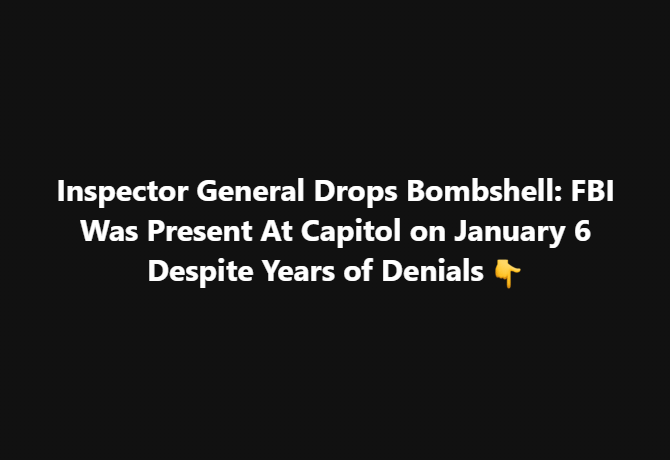In a tense and fiery press briefing, White House Press Secretary Karoline Leavitt pushed back against escalating concerns surrounding the alleged disclosure of sensitive military information tied to former President Donald Trump’s national security team.
At the center of the controversy is Fox News contributor Pete Hegseth, who allegedly shared specific details about a classified military operation in a private chat with former Trump administration officials. The messages reportedly included information about the use of Tomahawk missiles and F-18 fighter jets, raising serious questions about whether the timing and operational details posed a risk to national security.
What set off alarm bells was the precise nature of the intel — including strike timing just 31 minutes before execution — which many experts say could have compromised mission safety and secrecy.
Leavitt, however, firmly denied any breach of classified protocol. “The Department of Defense has been crystal clear: no classified intel, no operational plans, no sensitive sources were disclosed,” she said, citing a same-day briefing from Secretary of Defense Pete Hegseth, who reiterated that the shared information didn’t meet the threshold for classification.
She also pointed to continued support from key national security leaders — including the directors of the CIA, FBI, and National Intelligence — who have, under oath, backed the administration’s claims that the messages contained no classified content.
Still, reporters at the briefing weren’t satisfied, pressing for clarity on how such detailed information about military targets, assets, and timing could avoid classification under existing Defense Department guidelines. Leavitt stood her ground, repeating Hegseth’s official position and dismissing the notion that the information endangered national security.
The situation became even more heated when CNN’s Kaitlan Collins asked a pointed question about accountability, prompting Leavitt to abruptly bar her from further participation in the briefing. The decision drew criticism from journalists and free press advocates but was praised by some conservative commentators who viewed Collins’ question as politically charged.
Meanwhile, Vice President Mike Pence reignited international debate with a stern warning to U.S. allies in Europe. Echoing former President Trump’s stance, Pence criticized European nations for relying too heavily on American military strength, particularly in strategically vital areas like the Suez Canal.
In response to growing questions about internal consequences, Leavitt stressed that President Trump retains full confidence in his national security team and that no one would be stepping down or dismissed over the incident.
The administration also blasted what it described as biased media coverage, singling out journalist Jeffrey Goldberg. Leavitt suggested the public weigh Goldberg’s reporting against the credibility of Defense Secretary Hegseth, accusing the journalist of having an “anti-Trump” slant.
When reporters raised concerns from the perspective of U.S. service members — asking whether future missions could be put at risk by leaks of this nature — Leavitt offered reassurance. “Protecting our troops has always been and will always be the top priority of this administration,” she said.
Leavitt went on to cite recent military strikes against Houthi targets as evidence of the administration’s strategic effectiveness, claiming the operations have successfully disrupted terrorist activity in the region — a clear sign, she said, that the administration knows how to keep Americans safe.
However, critics continue to express unease about what this incident means for the classification of sensitive information moving forward, warning that it could set a dangerous precedent.
In a surprising twist, Elon Musk has offered his help in determining how Goldberg’s contact details were leaked during the controversial chat. The White House counsel’s office and the National Security Council are currently conducting a joint review of the matter.
Meanwhile, conservative voices like Barstool Sports founder Dave Portnoy have entered the fray, calling for the resignation of Congressman Mike Waltz, who was loosely linked to the messaging thread. The administration quickly rejected that demand, affirming President Trump’s strong support for Waltz and the rest of his national security team.
As scrutiny mounts over transparency and accountability, the administration remains firm in its defense, standing by its team and insisting that no classified information was ever put at risk.










